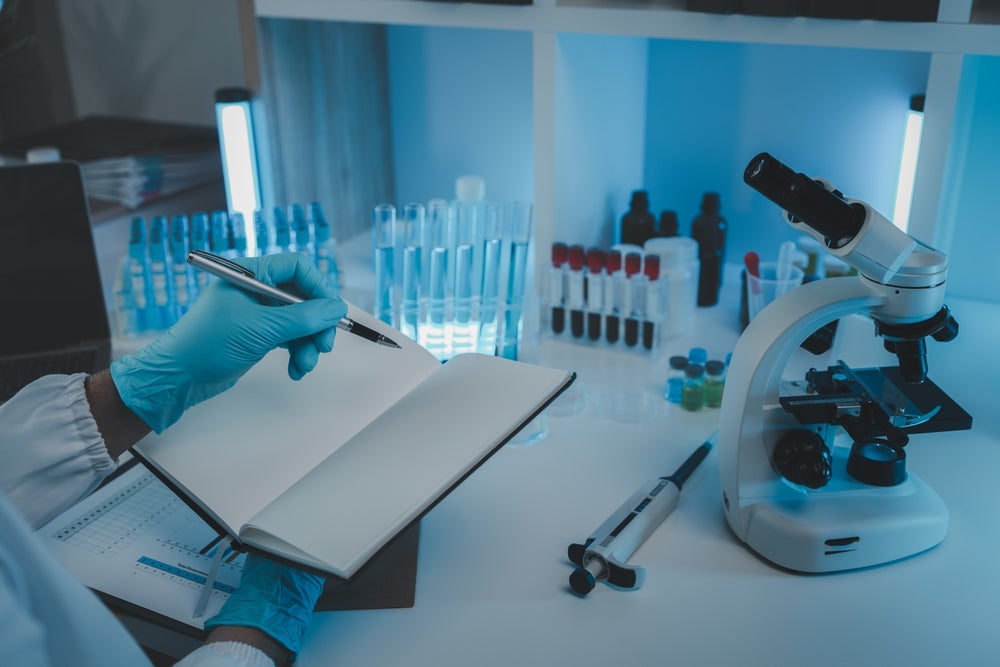The FDA’s recent final rule on laboratory-developed tests (LDTs) marks a significant shift in the regulation of diagnostic tests. Historically, LDTs—tests designed, manufactured, and used within a single laboratory—have been overseen by the Centers for Medicare and Medicaid Services (CMS) under the Clinical Laboratory Improvement Amendments (CLIA). However, the FDA’s rule redefines LDTs as medical devices, subjecting them to the same regulatory framework as commercial diagnostic devices, such as in vitro diagnostics (IVDs). This change raises concerns about innovation in personalized medicine, as it imposes new burdens on laboratories to meet FDA standards for a wide variety of test types, including those using complex or rare biological samples. Proponents argue that it enhances patient safety by ensuring higher standards of accuracy and reliability, while opponents worry it could stifle innovation and delay access to critical tests.
During Advamed’s MedTech Conference in Toronto, speakers and attendees voiced their concerns about the final ruling, the first steps taking place in May 2025, and how that would impact the diagnostic space for manufacturers, clinical labs, and patients. Currently, there is a lawsuit against the FDA’s final rule on LDTs, “American Clinical Laboratory Association (ACLA) v. U.S. Food and Drug Administration (FDA),” with numerous organizations like The American Society for Microbiology and American Clinical Laboratory Association arguing that the FDA is overstepping its regulatory authority by treating LDTs as medical devices. There are many moving parts, and the industry is trying to be flexible and prepared for any outcome. If the lawsuit is successful, the FDA will need to amend the rule or scrap it altogether. Additionally, regardless of who wins the US presidential election in November, it can delay the LDT final rule because a new administration will enter office, and a new FDA commissioner and Human and Health Services (HHS) secretary will be chosen. Both the FDA commissioner and HSS secretary of the Biden administration have expressed that they will not stay on for the next administration. Thus, this change in leadership can delay LDT implementation. Lastly, since many clinical laboratories lack expert experience in FDA proceedings, they are likely to rely on their manufacturer vendors for aid during this time. Manufacturers will need to decide which LDTs are worth the investment, as proceeding with clinical trials and FDA approval requires resources, and this may result in the consolidation of LDTs that are similar. Some factors that need to be considered are how profitable the LDT is (what is the market size and growth of a certain patient pool and are these tests expensive to produce and run) and how difficult would conducting clinical trials be (small patient pool, expensive and complicated to conduct).

Access deeper industry intelligence
Experience unmatched clarity with a single platform that combines unique data, AI, and human expertise.
Keeping all of this in mind, it is understandable that the IVD and LDT space are at a standstill right now. Manufacturers and clinical labs should be in the process of positioning LDTs for Stage 1 of regulatory approval, but there is some hesitancy in investing time and money into this if the lawsuit succeeds. The speakers at the 2024 MedTech Conference stressed that since there is no fixed deadline for the Court to rule, manufacturers are expected to proceed with LDT oversight and pivot as needed.
The final question is how this will impact the IVD space in the long term. Assuming that the FDA’s final ruling for LDTs proceeds, we will see a consolidation of LDTs and likely of clinical labs. This is because there are many LDTs that could be using the same manufacturer reagents, as they are also tests for the same diseases. Clinical labs will need to lean on their manufacturers and large laboratories in various ways, from advice on how to navigate the FDA approval space to having their tests acquired by large companies or manufacturers. The volume of tests would not change drastically as the same patient pools are receiving testing, but the number of clinical labs that would run these tests and the number of different LDTs would shrink. Manufacturers will need to work together with clinical laboratories to see which tests will be moved to FDA approval.
Since this is a multi-year process, with multiple opportunities for litigations, which can delay the timelines set out by the FDA, the status of the oversight is still up in the air. It is hard to say what will happen in the next few months as new leaders enter the White House, FDA and HHS; coupled with the current lawsuit against the FDA, the future of LDTs transitioning to medical devices is in limbo.

US Tariffs are shifting - will you react or anticipate?
Don’t let policy changes catch you off guard. Stay proactive with real-time data and expert analysis.
By GlobalData


